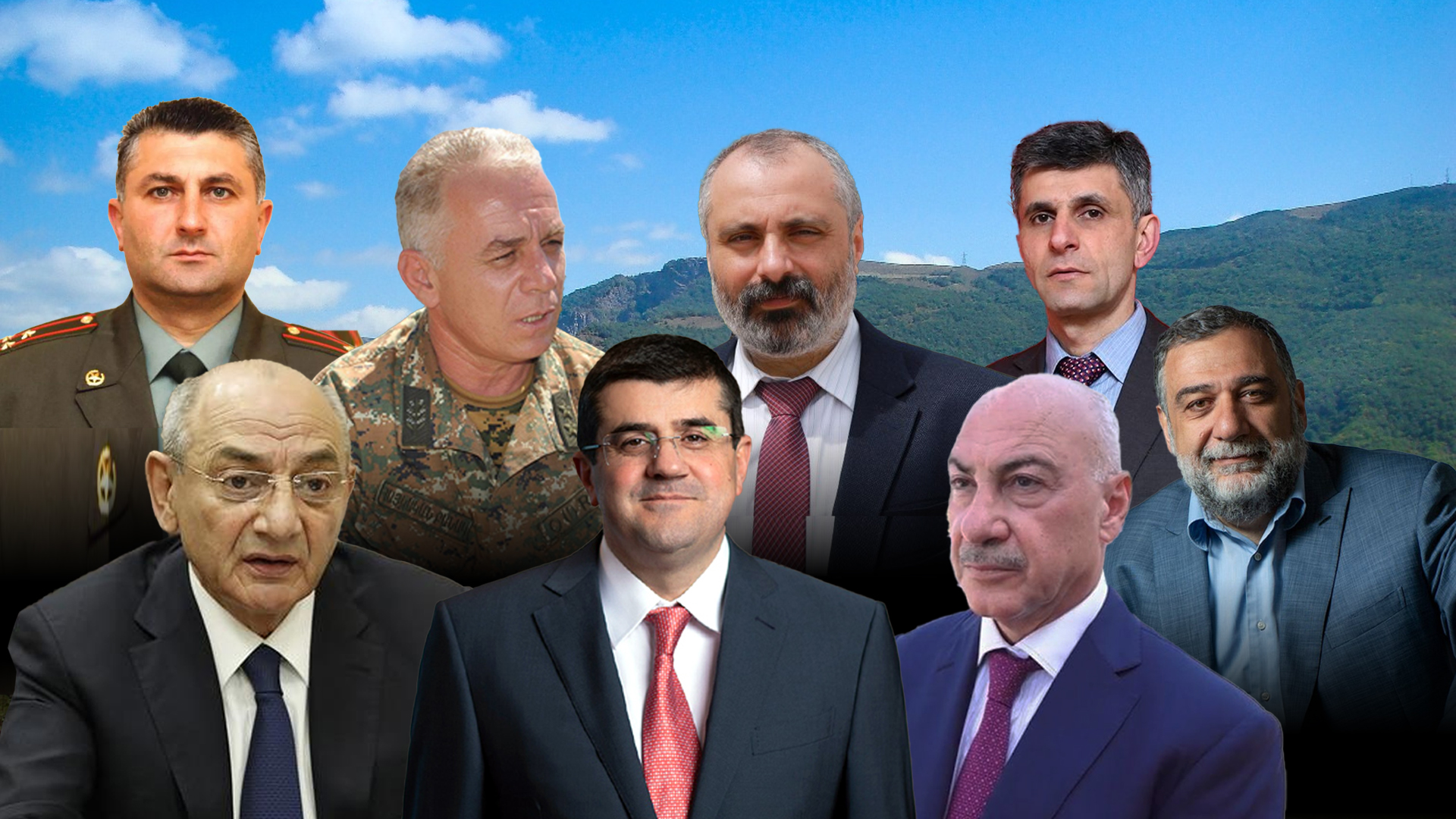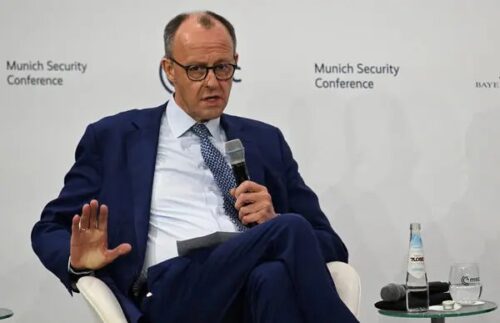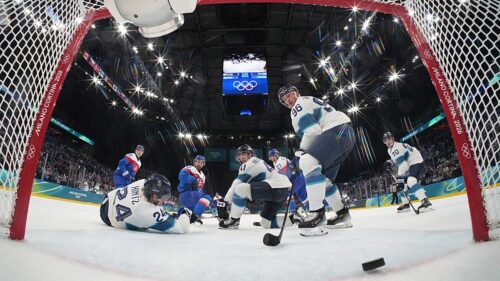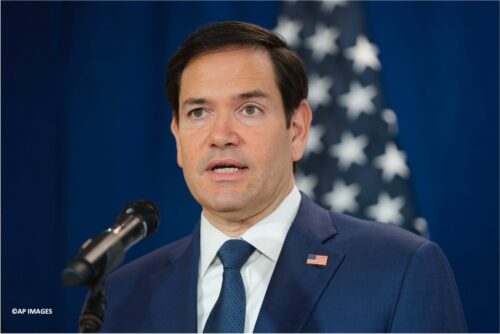
bne IntelliNews: The charges against Vardanyan and others are political
The international bne Intellinews magazine has referred to the illegal trials being held in Baku, presenting the assessments of Irene Victoria Massimino, a lawyer and professor specialising in human rights and international criminal law, and Ruben Vardanyan’s son, David Vardanyan.
“The charges against Vardanyan and others are ‘purely political.’” Massimino said. “In the overall context of [Azerbaijan’s] persecution of Armenians, especially the Armenians of Artsakh, these charges are based only on politics. They are fabricated by Azerbaijan.”
Massimino is one of four lawyers on whose behalf the Center for Truth and Justice, a California-based organization, has applied for visas to Azerbaijan to observe the trials. They have yet to receive a response from Baku, but it is unlikely to matter—Massimino says the chance of anything approximating justice resulting from the proceedings is “zero”.
“I tend to quote a lot the Freedom House report on Azerbaijan,” Massimino says. “The country scored seven points out of 100. It is absolutely unfree, and one of the main reasons for that in the most recent Freedom House report is the blockade of Artsakh [from December 2022 to September 2023] and the persecution of Armenians. So these are show trials. They are absolutely unfair and based on political charges,” Massimino says.
The article says amidst the blockade, one of the most public figures representing the people of Karabakh was Ruben Vardanyan. Vardanyan gave dozens of interviews for international media on the deteriorating conditions in Karabakh, drawing the ire of Azerbaijan, who targeted him repeatedly in scathing rhetorical attacks. His son believes that this advocacy was what led Baku to single him out.
“I think the level of attention that Dad brought to Nagorno-Karabakh after he decided to live there did not fit with Azerbaijan’s playbook. They had hoped that they would slowly make things unlivable there and force people out gradually—kind of a ‘quiet ethnic cleansing’ that the world will not notice. So it’s very clear that they were not happy with the kind of attention they were now getting to the injustices being done there,” David Vardanyan says.
“Eventually, Baku got its opportunity to punish Ruben directly—an opportunity that the Azerbaijani government is clearly relishing. By holding such show trials against Ruben and his 15 compatriots, Azerbaijan is hoping to flex its muscles and intimidate both its neighbour, Armenia, and its own citizens. For Azerbaijan, this is a trophy—that they finally have the leaders of the Artsakh government, who were fighting for self-determination for so long,” Massimino says.
As noted, despite the obvious lack of fairness or judicial due process in the trials, they have generated almost no international response to date. With the exception of a resolution by the Parliamentary Assembly of the Council of Europe (PACE) calling for Azerbaijan to release both the detained Karabakh Armenian leaders and the many Armenian POWs held by Baku, there have been few, if any, statements by Western countries on the matter.
“The lack of any attention by the international community [to these trials] astonishes me,” Massimino says. “Both the ‘caviar diplomacy’ and energy resources of Azerbaijan, their oil and gas, contribute to this. They have strong ties with many European countries, and it’s also a conflict that has received much less attention than other conflicts since 2020. I don’t understand why the media has put so little attention on the blockade in particular. Nine months of blockade of an entire people, and no one paid attention.”
In the absence of meaningful international pressure, it seems clear that Azerbaijan will continue with the trials. Massimino says that tangible steps should be taken by Western countries in response.
“Beyond talking about the issue, [Western countries] should start to rethink their economic relations with this authoritarian regime,” Massimino says. “The level of impunity Azerbaijan has enjoyed is very, very high. So sanctions would be an option, maybe cutting some economic ties, in order to force the regime to release these prisoners, both the POWs and the former leaders,” Massimino says.
David Vardanyan says Azerbaijan has made the trial completely inaccessible. “They are now even threatening to disbar the lawyer we found, with great difficulty, to represent him. They have refused all his petitions to extend the trial, to get internet access, anything that could let him prepare properly. They are getting away with complete disregard of international law and even their own laws. All we can do now is try to put this sham trial in the public eye as much as possible,” he says.


